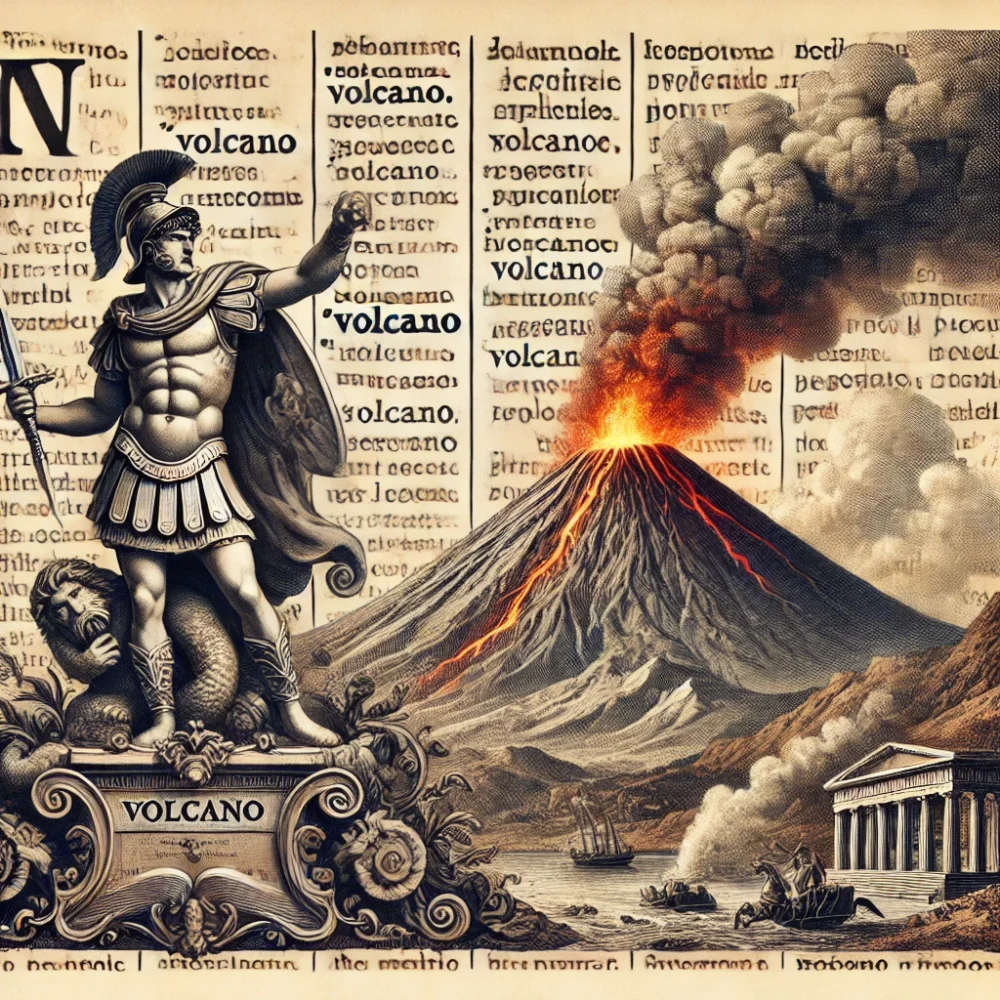More than one volcano

At work, I was recently briefed on the potential public health effects in the UK of volcano eruptions, one of many threats on the national risk register. I learned the word ‘tephra’, which refers to the fragments of volcanic material that are ejected during an eruption. This includes the ash which caused such a nuisance when Eyjafjallajökull erupted in 2010.
There was a linguistic element to the presentation that caught my eye: some slides referred to ‘volcanos’ and others to ‘volcanoes’. Which is the preferred term?
Quick: to the Oxford English Dictionary!
Linguistically, Mount Etna was the first volcano. Vulcan was the Roman god of fire, and the Romans considered Mount Etna his forge. Italian thus inherited the word ‘vulcano’, which English initially used interchangeably with the anglicised form ‘volcano’. From the 1600s, ‘volcano’ became the standard option. In terms of pluralising, the general approach was to add ‘es’, as with many other nouns ending in ‘o’ inherited from Italian (‘echo’, ‘motto’, and ‘buffalo’, for example).
It was that pesky Samuel Johnson who stole the ‘e’, omitting it from his mid-1700s dictionary. Noah Webster also omitted it when simplifying English for Americans, so ‘volcanos’ has been widely adopted in the USA. As someone born and raised east of the Atlantic, I’m duty-bound to prefer the spelling ‘volcanoes’—and the OED feels the same. The Google Ngram viewer suggests that everyone else does, too, regardless of what Johnson and Webster thought:

Now that I’ve learned that ‘volcanos’ was most popular in the late 1700s, I reserve the right to refer to anyone using that spelling with contemporary language: those who drop the ‘e’ are simply coxcombs and popinjays.
The image at the top of this post was generated by DALL·E 3.
This post was filed under: Miscellaneous, Noah Webster, Oxford English Dictionary, Samuel Johnson.